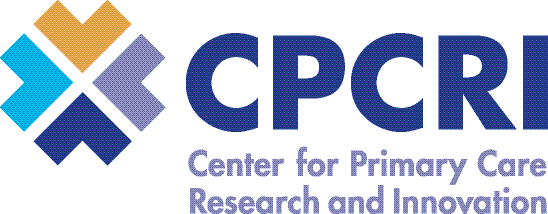Climate Change Multidisciplinary Education
Climate change and health curricula have been written within various primary care departments at OHSU and for the schools of medicine, public health, nutrition, nursing, environmental science, and dentistry. The OHSU Primary Care Climate Change and Health Program is focusing initial efforts on climate change and health curricula with the goal of implementing transitional adaptation for healthcare workers in training.
Courses and Curricula
Interprofessional Education Course: Climate Change and Human Health
Summary: Annual interdisciplinary elective (10 weeks) available to medical, dental, and nursing students. The syllabus includes planetary health, healthcare ecological footprint, food systems, and vector and water-borne diseases (including water security and how severe weather events can threaten water security).
Course Director: Joseph Needoba, PhD, Associate Professor, OHSU-PSU School of Public Health. [email protected]
OHSU Climate Change and Curriculum Task Force
Summary: A multidisciplinary volunteer team of faculty writing interprofessional and school of medicine curricula on climate change and human health, mentoring medical student and resident physician capstone projects, and writing academic publications.
Director: Alex Domingo, MD, Assistant Professor, OHSU, [email protected]
OHSU Preventive Medicine Residency Program
The OHSU Preventive Medicine Residency offers opportunities to engage in planetary health through coursework in environmental and planetary health at the OHSU-PSU School of Public Health. Residents can also focus their research and practicum work on the health impacts of climate change, environmental exposures, and sustainability in healthcare.
https://www.ohsu.edu/school-of-medicine/family-medicine/ohsu-preventive-medicine-residency
Program Director: Brian Garvey, MD, MPH, Associate Professor, OHSU, [email protected]
Medical School Lectures
Main Course: Transition to Residency (Year 4 medical students)
As part of the required core curriculum, all M4s in the Transition to Residency course receive a one-hour lecture that discusses extreme heat, climate change, air pollution and associated health risks, including mental health effects, as well as climate justice, the carbon footprint of healthcare, and ways to make clinical practice more sustainable and/or get involved with advocacy.
Main Course: Cancer and Infectious Disease intersessions
As part of the required Cancer and Infectious Disease intersessions that students are enrolled in for either M2 or M3 as part of the clinical curriculum, they also receive one-hour lectures that include small group discussion. This discussion also focuses on student reflections on required pre-work, which includes reviewing an interactive online module on climate change published by the New England Journal of Medicine (NEJM).
